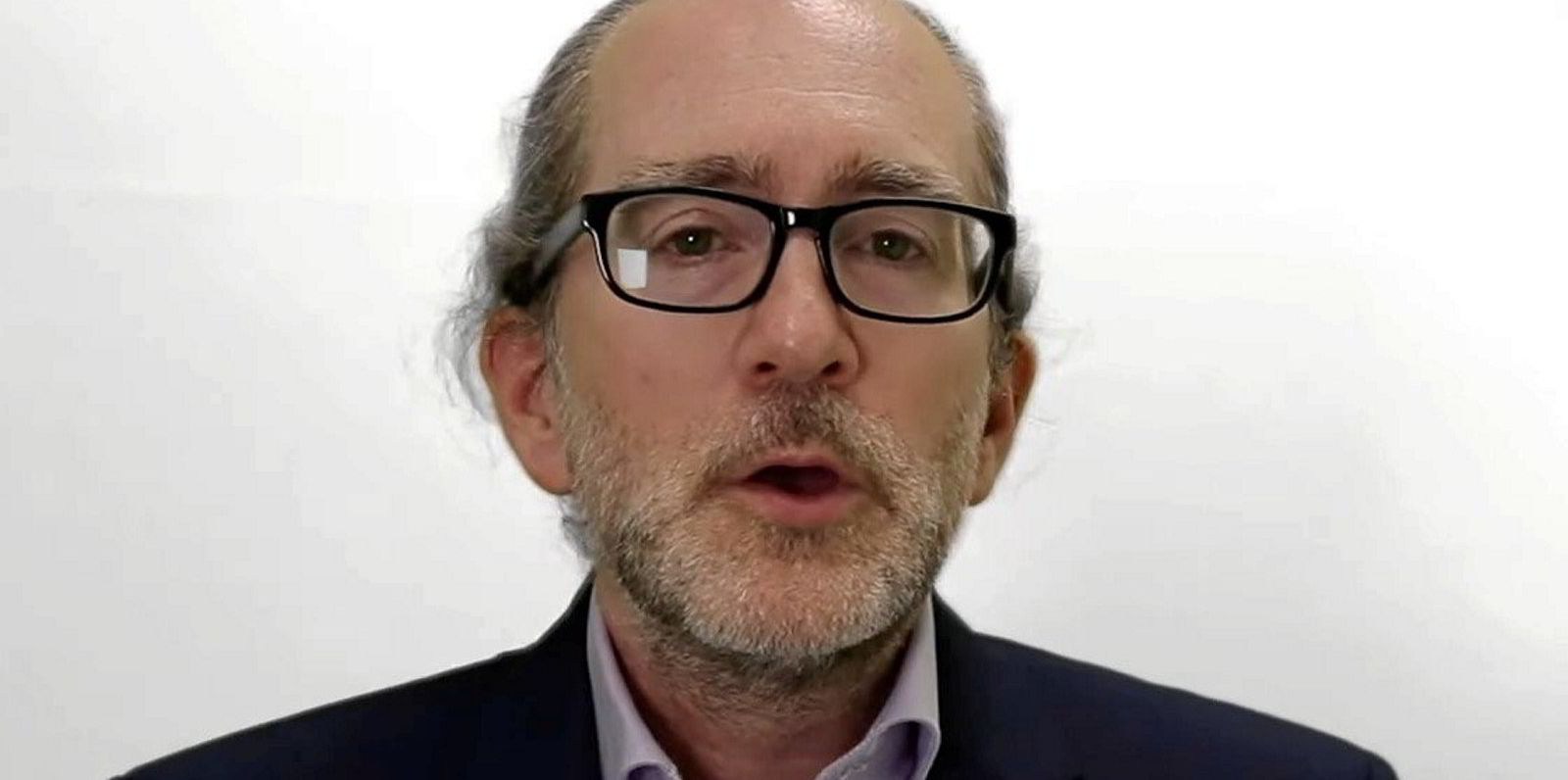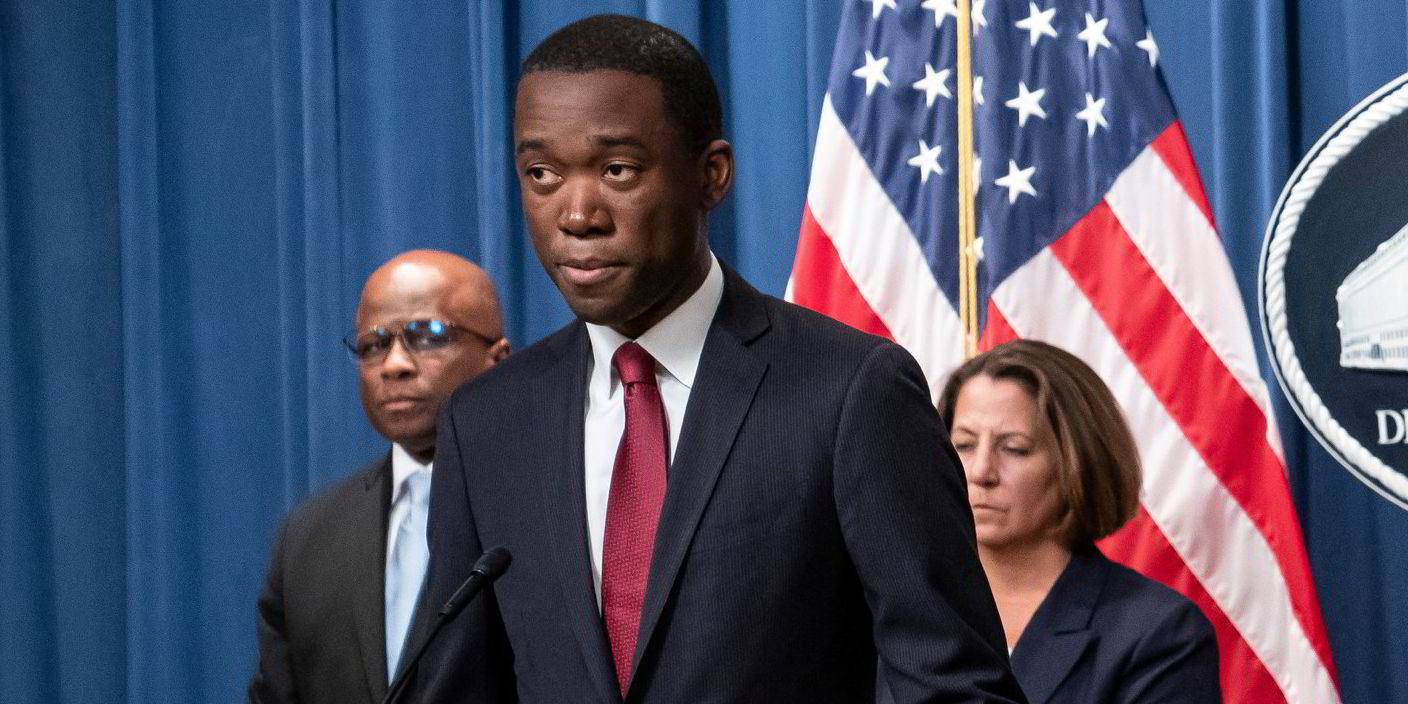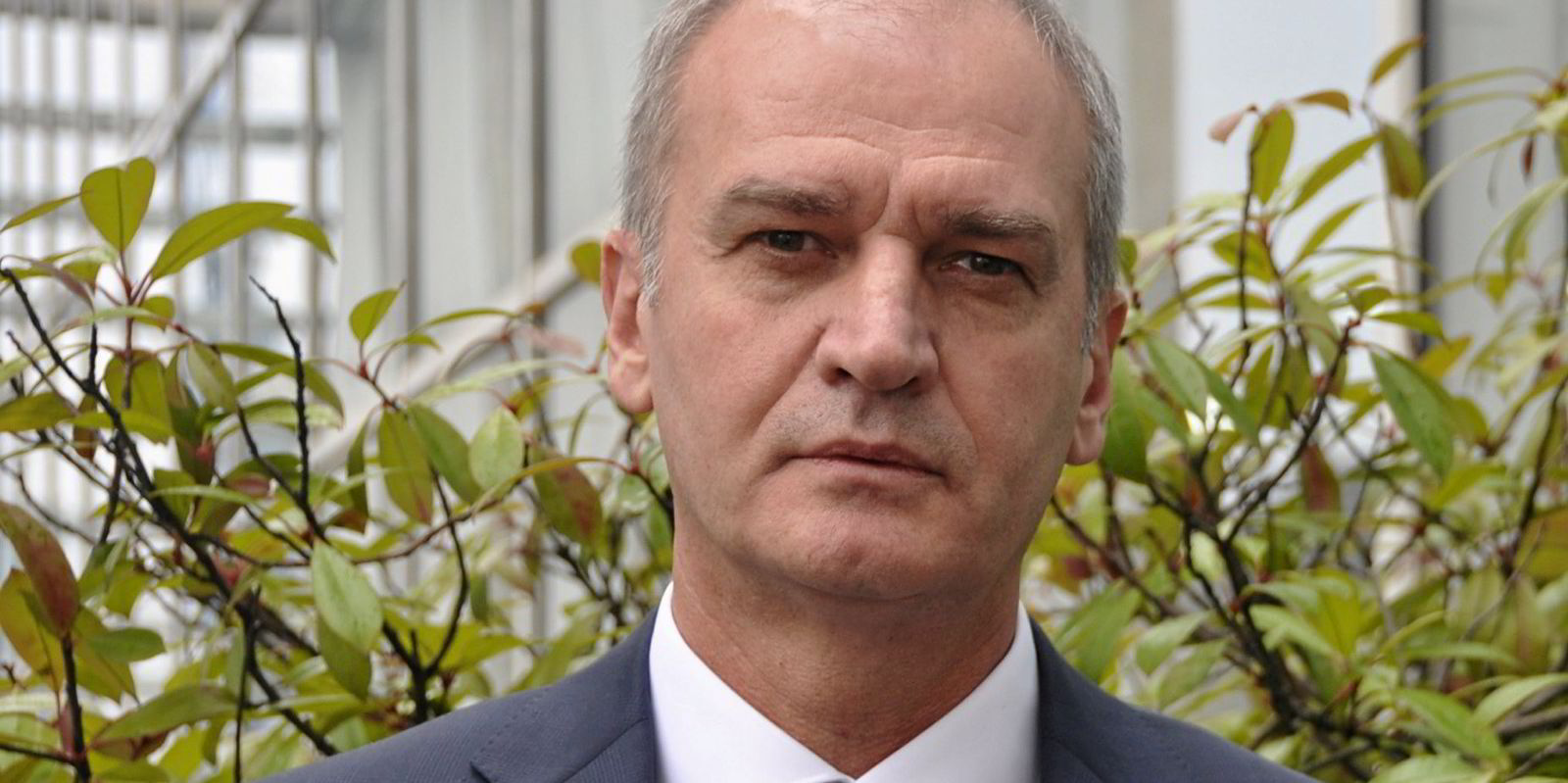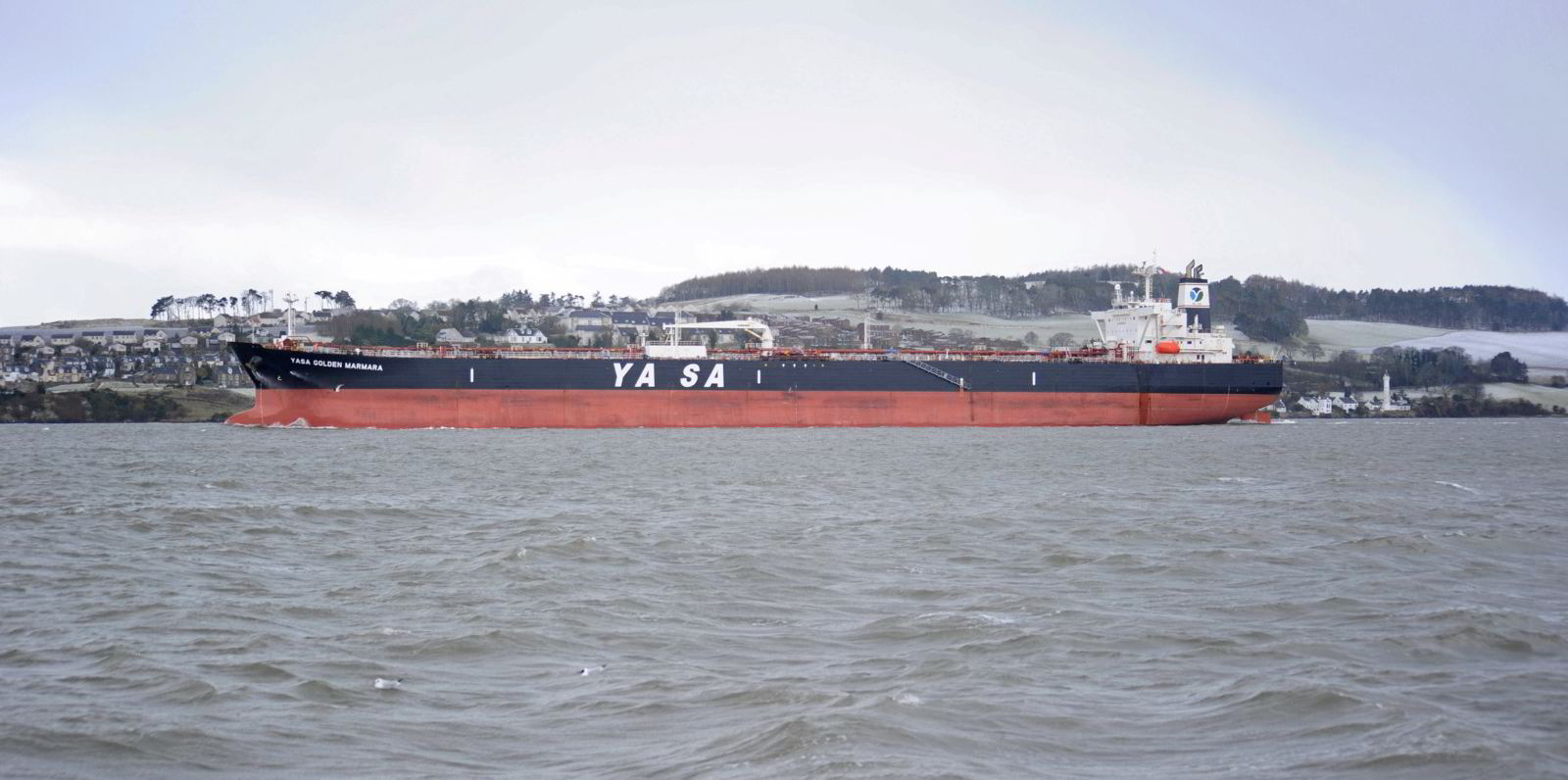The first blacklisting of tankers by the US for Russian oil price cap breaches came with suitable fanfare and a 1,000-word statement after months of criticisms that the administration had done too little to plug the gaps in the sanctions programme.
“Today’s action demonstrates our continued commitment to reduce Russia’s resources for its war against Ukraine and to enforce the price cap,” announced deputy secretary of the US Treasury Wally Adeyemo in October as he outlined measures against two ships.
The 59-word update that dropped without fanfare on Friday announced that the Turkish-owned 115,900-dwt Yasa Golden Bosphorus (built 2007) was being removed from the sanctions list.
The update was not accompanied by any explanation: Where’s Wally now?
But that is hardly surprising, given the opaque nature of a regime that relies on nudges, warnings and fears of potential action years in the future.
But it also marked the start of a bad week for advocates of the cap scheme. The International Group of P&I Clubs complained in a submission to a British parliamentary committee that it had seen an exodus of 800 tankers, while other industry groups have been damning about the quality of staff policing the scheme.
The cracks already obvious in the scheme have just got wider. Unless they are sealed, the beneficiaries will be Russia and those happy to make a fast buck shipping its oil.
Sanctions regulators have long relied on the power of secret decision-making to encourage a change in behaviour. The first whiff of smoke that a ship or operator may be under investigation often comes when the name appears on a list.
The fear of all that entails — lost business, difficulties securing insurance and avoiding certain ports — is seen as discouragement for others to steer clear of risky behaviour that may have the same result.
But what if that designation is wrong? Appealing against a decision is a difficult process. There is no system of disclosure of documents — like in criminal or civil cases, where the failure to supply papers to the other side can bring down a trial.
Governments hold on to evidence on national security grounds. So the onus is on the shipowner to show it has not breached the rules. But can we trust the sanctioners?
Other papers submitted to the UK’s Treasury Committee from interested parties pointed to a skills gap at the Office of Financial Sanctions Implementation (Ofsi), Britain’s sanctions regulator.
Lloyd’s of London said: “Ofsi may not have sufficient specialist resources for a full appreciation of the implications of the seaborne transportation of oil.”

And Tom Keatinge, a financial crime expert at the London-based Royal United Services Institute, told a committee hearing on Tuesday there was “not a high degree of expertise there” and called for more input from the private sector to improve the “leaky” price cap operation.
The insurance marketplace, along with another group, the London & International Insurance Brokers’ Association, highlighted the vague wording used by Ofsi when it targeted shipping companies over the Russian trade.
In the case of the Yasa Golden Bosphorus, the US Office of Foreign Assets Control (Ofac) claimed in October last year that the tanker had lifted oil priced at $80 a barrel — $20 above the price cap — from Russia’s Pacific ports.
Ofsi’s listed reasons for blacklisting ship companies is for “obtaining a benefit from or supporting the government of Russia by carrying on business in a sector of strategic significance to the government of Russia, namely the Russian energy sector”.
The two insurance groups said: “It would be helpful to introduce specific grounds for designation for apparent OPC [oil price cap] breaches, or engagement in above price cap trade.”
The insurance industry has also called for more guidance on what to do with “phoenix” bodies, with ships that have emerged under new management. The UK has targeted managers rather than ships — prompting a reshuffling of corporate structures to keep vessels trading.
Everyone accepts that the price cap is an imperfect tool. It was hastily cooked up from a desire by the US to keep global oil moving after being spooked by the implications of the European ban on Russian imports.
Even Keatinge — who told the oil price cap scheme creator that he thought it was “barking mad” when he first heard about it — now believes that it has had its successes.
But given that providing weapons and running effective, efficient sanctions programmes are among the few ways that G7 nations can assist Ukraine, they must do it better.
Read more
- ‘On a knife edge’: Gibsons tracks tanker market mutations as sector buffeted by geopolitical turmoil
- Exodus: 800 tankers exit P&I clubs as insurers slam ‘unenforceable’ Russia price cap
- Frontline CEO Lars Barstad sees bonus double as pay packet swells to over $2m
- US lifts sanctions on Yasa tanker after company appeal over price cap action
- Public vs private: Why a $2.7bn listed shipping company isn’t big enough and raising money is always ‘humbling’





